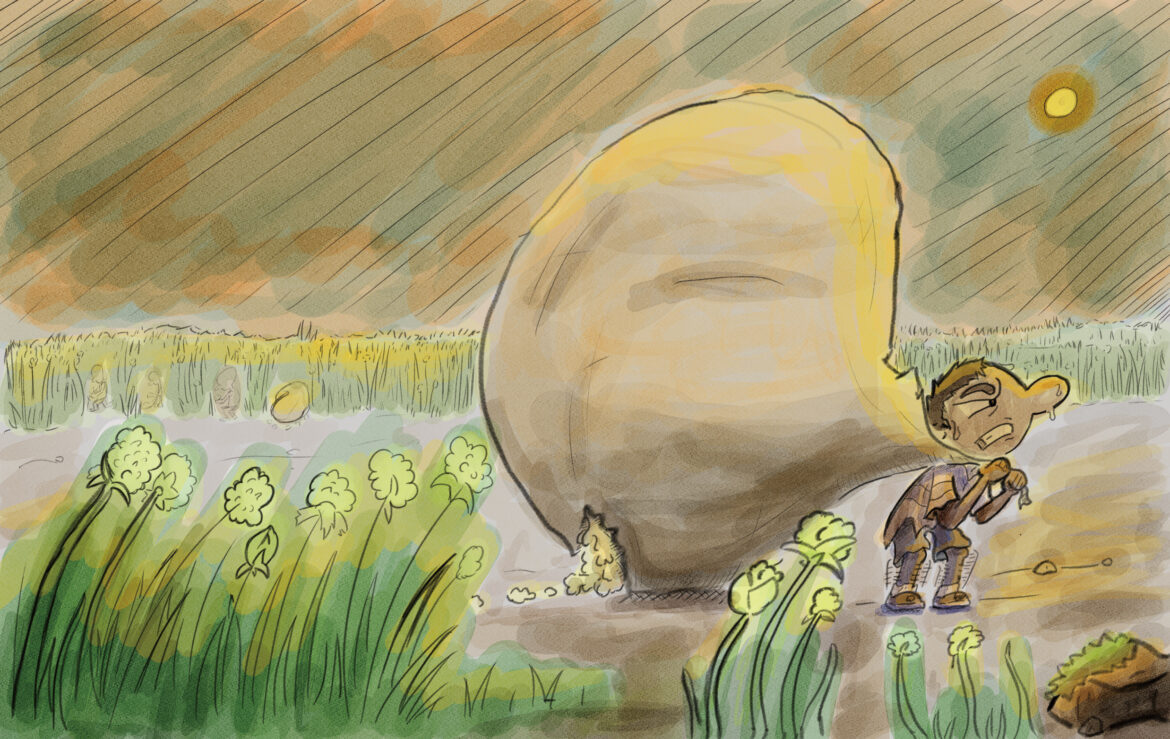The issue of inhumane labor services is something that has been proficiently discussed. Yet, continuing to allow unethical cotton-sourcing is an insult to the standards we’ve set for each other and an attack on hardworking people. A lack of regulation results in a negative impact on generations of families who are at the grip of debt-bondage by large fashion manufacturing companies.
This article uncovers the exploitation of child labor within one of the fashion industry’s biggest apparel manufacturers, Pratibha Syntex. While the manufacturer claims to practice ethical and sustainable work practices for its major clients like Zara and Gap Inc., they are facing scrutiny for having children as young as six years old work on the cotton fields in order to repay their family’s debts. In India, these children are subject to unethical practices and labor issues because of poverty and the power dynamics of large corporations within the fashion industry.
These children, as uncovered in an investigation by Transparentem, a nonprofit organization dedicated to reform abuses within global supply chains, are facing harmful and uncomfortable working conditions as they are subjected to abuses as underprivileged cogs in the machine that is the fashion industry. In one instance, a 13 year-old girl experienced itching so intense that she was hospitalized after she was exposed to toxic synthetic pesticides that were unwarranted by local and organic certifications.
As India is recognized as the world’s second largest cotton producer, it has a moral obligation to treat its workers with respect and consideration.
The cotton-industry in India spans many countries and large apparel producers who are involved in the supply chains of 60 major Western brands. The investigation uncovered that out of the 90 farms, nearly half had shown evidence of child labor. This all goes to show that the issue is not just centralized in India, but in reality, is a matter of a global human rights issue.
As brands and suppliers in the investigation have stated that there was not any evidence to connect them to these practices, Transparentem reveals that it has not disclosed all of the information gathered, such as names of farms and workers, in order to preserve their privacy. Unconvincingly, the brands uncovered in the investigation have agreed to work to improve conditions in the region.
Large fashion companies such as Zara, Amazon, and H&M no longer source from Pratibha Syntex, as they are committed to sourcing their cotton in an ethical manner for the child labor issues within the supply chain. Gap, however, did not respond to a request for comment from fashion publication The Business of Fashion. The companies previously mentioned and Pratibha Syntex have since joined The Fair Labour Association in an effort to develop better monitoring practices and protections for the villages in Madhya Pradesh, an Indian state that is the world’s leading cotton manufacturer.
The issue that keeps most workers under the grip of labor exploitation by large manufacturing companies is their history of generational cycles of debt bondage that have manifested in their low-social class. These workers work for just a couple of dollars a day, that were reportedly under minimum wage at the time of investigation.
In some cases, workers have reported that the loans they took out can only be paid off via wage deductions or working on a lender’s farm, leaving them under the control of debt bondage that impacts their entire lineage of families to work under grueling conditions to help pay off the debts.
The cotton supply-chain is a system that is notoriously difficult to capture and mitigate unethical labor practices because of how much little oversight smallholder farmers have concerning where the raw materials are coming from and how rarely suppliers are involved in middleman activities because of their reliance on third party auditing systems that are repeatedly failing to prevent and capture labor abuses.
For there to be any effective sourcing strategies from brands, there must be direct oversight of the farms supplying the cotton by a sustainability chair or a Fair Trade Organization Officer, someone who dedicates time verifying there are no forms of exploitation, for workers or the environment for that matter. This would be an oversight that ultimately branches out to producers, companies and additional, involved organizations.
By and by, advocating for laws that directly regulate and monitor the suppliers is how we can help break the cycles of abuse and toxic work environments. No one should be burdened with passing down their debts and generational traumas but instead lead lives of happiness and fairness within their work environments, as is the basic right for all humans.



